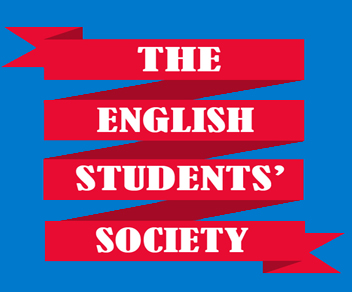THE ENGLISH STUDENTS' SOCIETY

The English Students’ Society (TESS) formed in the Fall of 2008 with the aim to enrich the social and academic experience of undergraduate English students at the University of Guelph. TESS forms an outlet for students to meet, interact, share, discuss and get the most out of their English program experience.




 Lecture Series sponsored by the College of Arts and The Bookshelf
Lecture Series sponsored by the College of Arts and The Bookshelf